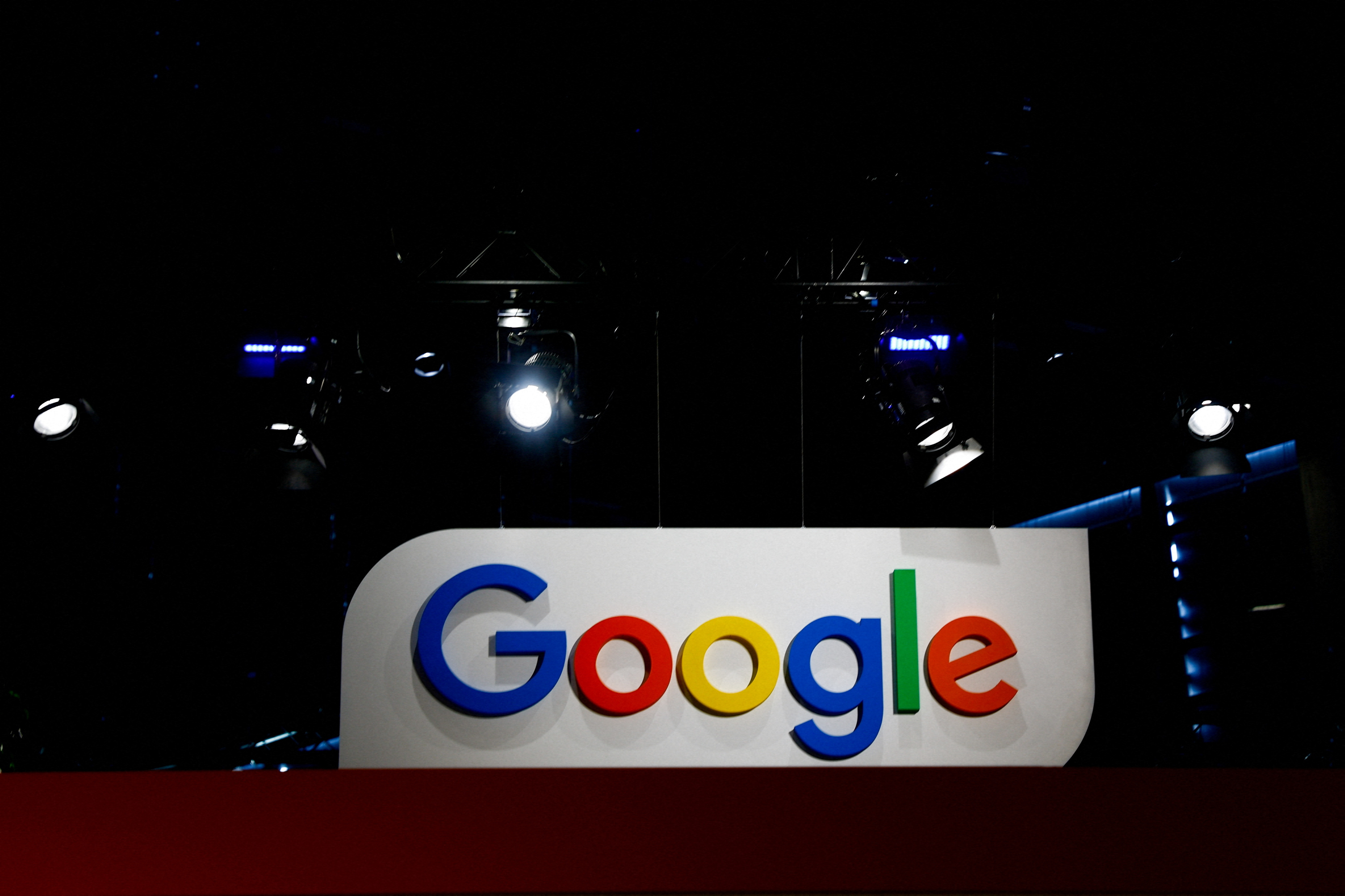Alphabet’s Google target=”_blank” href=”https://www.reuters.com/markets/companies/GOOGL.O” rel=”noreferrer noopener”>(GOOGL.O) went before a federal jury in Boston on Tuesday to argue against a computer scientist’s claims that it should pay his company $1.67 billion for infringing patents that allegedly cover the processors used to power artificial intelligence technology in Google products.
A lawyer for Singular Computing, founded by Massachusetts-based computer scientist Joseph Bates, told jurors that Google copied Bates’ technology after repeatedly meeting with him to discuss his ideas to solve a problem central to developing AI.
The lawyer, Kerry Timbers, said that after Bates shared his computer-processing innovations with Google from 2010 to 2014, the tech giant unbeknownst to him copied his patented technology rather than licensing it to develop its own AI-supporting chips.
Bates’ innovations were built into Google’s Tensor Processing Units, used it to support AI features in Google Search, Gmail, Google Translate and other Google services, Kerry said.
Internal emails cited in the case show Google’s now-chief scientist, Jeff Dean, wrote to others about how Bates’ ideas could be “really well suited” for what Google was developing. Another employee in an email said they were “quite corrupted by Joe’s ideas.”
This case is about something we all learned a long time ago: respect for others, don’t take what doesn’t belong to you, and give credit where credit is due,” Timbers told jurors in his opening statement.
A lawyer for Google, Robert Van Nest, countered that the Google employees who designed its chips never met Bates and designed them independently of the workers who did.
He called Bates a “a disappointed inventor” who had failed repeatedly to convince a myriad of companies including Meta Platforms, Microsoft, Amazon.com Inc and ChatGPT-creator OpenAI to use his technology. Van Nest said Bates’ technology used approximate math that can generate “incorrect” calculations.
Google’s chips are fundamentally different, fundamentally different, than what is described in Singular’s patents,” Van Nest told the jury.
Ahead of trial, Google had said Singular had requested up to $7 billion in monetary damages for infringing its two patents. At trial, Timbers said Google should pay $1.67 billion.
Google introduced its processing units in 2016 to power AI used for speech recognition, content generation, ad recommendation and other functions. Singular said that versions 2 and 3 of the units, introduced in 2017 and 2018, violate its patent rights.
A U.S. appeals court in Washington also heard arguments on Tuesday about whether to invalidate Singular’s patents in a separate case that Google appealed from the U.S. Patent and Trademark Office.
Source: Reuters



![[CITYPNG.COM]White Google Play PlayStore Logo – 1500×1500](https://startupnews.fyi/wp-content/uploads/2025/08/CITYPNG.COMWhite-Google-Play-PlayStore-Logo-1500x1500-1-630x630.png)